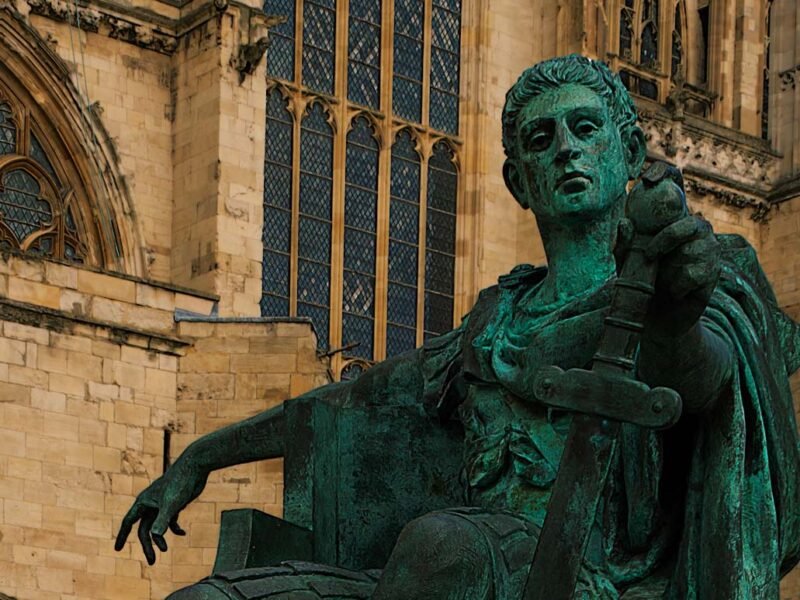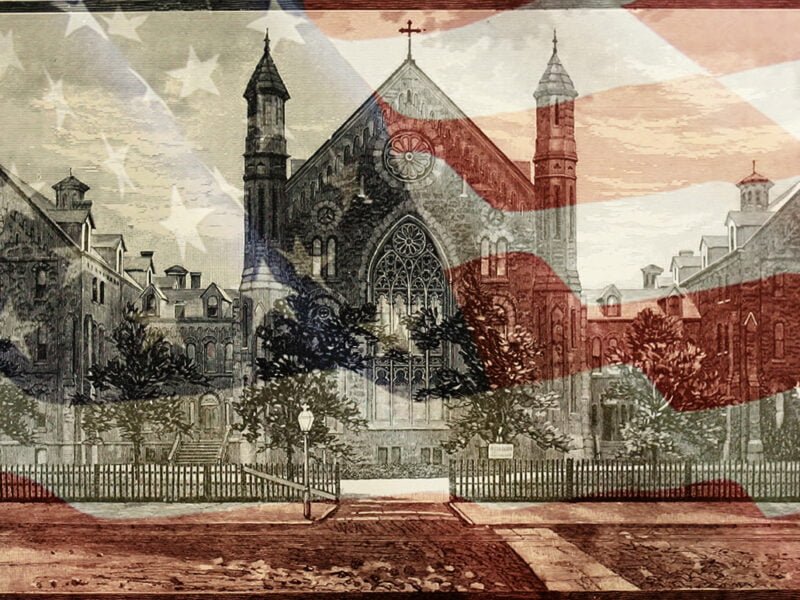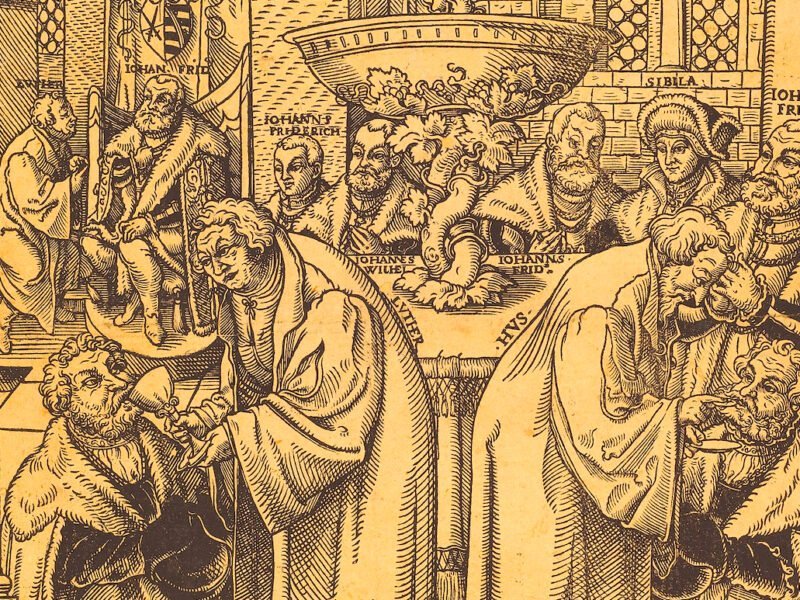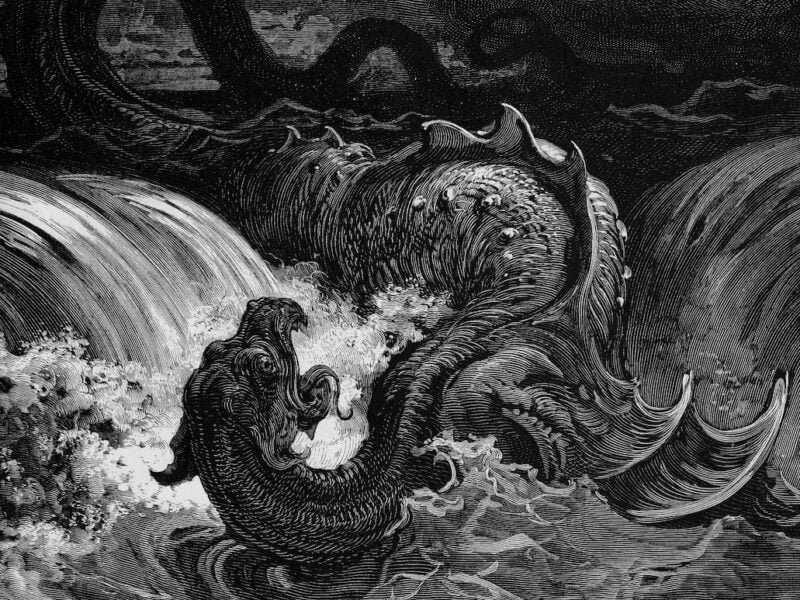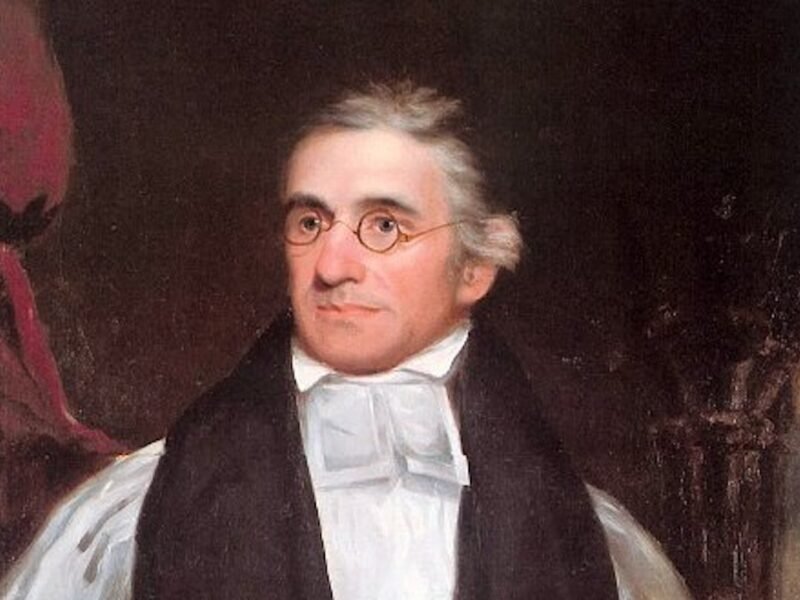Political Theology
Give the King Thy Judgments, O LORD (Part II)
In the previous post, we looked at the context in which Constantine ruled by highlighting the significant events of his rise and reign. Constantine’s Reforms Having set out the events that shaped Constantine’s historical context, the reforms and policies of his reign must be considered in this light. First, Constantine made reforms in the law…
Give the King Thy Judgments, O LORD (Part I)
Constantine, Augustine, and the Legacy of Western Christendom The streets of Rome thronged with celebrants awaiting the advent of the victorious new emperor. Though it was typical for emperors or kings upon their ascension to be contrasted with their predecessors and praised as the ushers of a new era of peace and prosperity, on this…
Kinism and Wolfe’s Case for Christian Nationalism
When my review of Stephen Wolfe’s The Case for Christian Nationalism was published, Fr. Ben Jefferies—a former member of the Liturgy Task Force of the Anglican Church in North America, and a once frequent contributor to The North American Anglican who cut ties after my review was not retracted—posted a comment calling both the book…
The Future of Anglican Political Theology
Political theology is the order of the day, and my, does it make people emotional. Different tribes of Protestants denounce each other for being un-American, or theocratic, or giving away the gospel in search of power. The war is not even between denominations; even within Calvinist churches and their Baptist adjutants in the United States,…
Civics, Civility, and the Church
Editor’s note: this essay is based on a homily for Independence Day preached by the author at All Saints Anglican Church in San Antonio TX, a parish that uses the American 1928 Book of Common Prayer The role of individual Christians and of the Church in civil and political life is often a matter of…
The Reformers on Civil Government
Legitimate discourse on the role of the civil magistrate in modern life is range bound between classical liberalism on the political right and progressive liberalism on the political left. The two sides of the liberal coin hold to different perspectives on the role of government in society but share a common telos in what they…
Canon Law and the Ecclesiastical Leviathan
In his classic 1987 book Crisis and Leviathan, economic historian Robert Higgs convincingly argued that the vast growth in the size and scope of the American government over the course of the twentieth century was due primarily to government actions taken in response to national emergencies. Higgs identifies critical events such as the Great Depression,…
Exchanging Two Swords for Two Kingdoms
Reforming the Bright Ages Social historian R.W. Southern defined the Middle Ages as “the period in Western European history when the church could reasonably claim to be the one true state, and when men acted on the assumption that the church had an overriding political authority.”[1] For most moderns, the Middle Ages provide a…
Anglican Political Theology
James Clark recently reviewed The Case for Christian Nationalism at The North American Anglican. He rightly noted that “contemporary effort to formulate an alternative political vision to liberal democracy has been underway for some time now” and that “much of the constructive literature thus far has been produced by Roman Catholics, with little comparable work…
Bishop William White: Anglican Patriot
Piety, Freedom, and the American Revolution in the Ecclesiology of Bishop William White Often, for American Anglicans, there is an awkward disjuncture between their faith and history. Despite the fact that the Episcopal Church has had a strong presence in American history, the rationale to become or remain an Anglican has increasingly evaporated. Often the…




